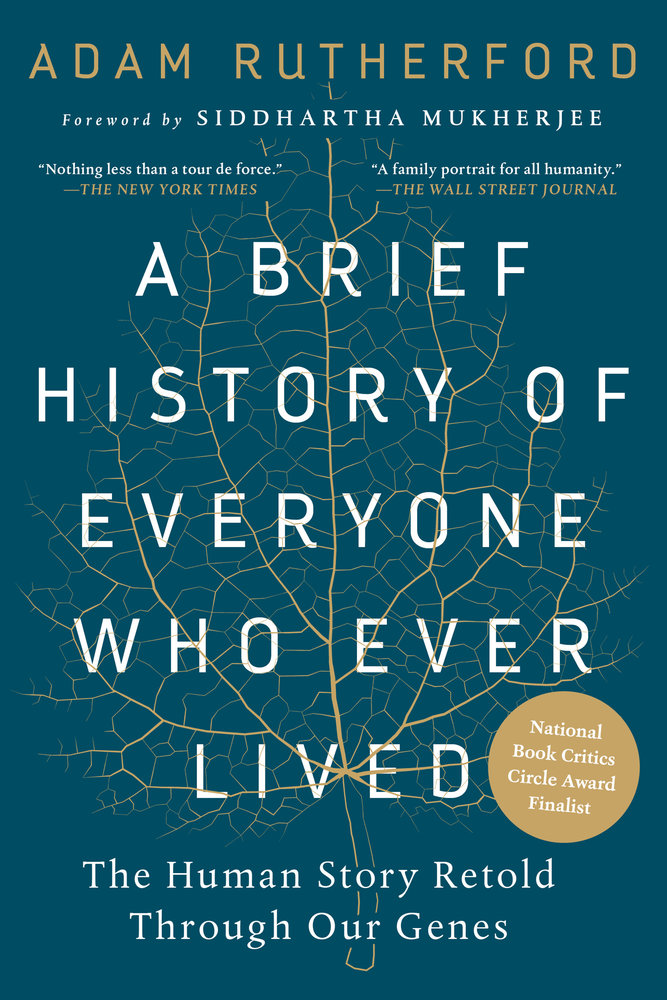National Book Critics Circle Award-2017 Nonfiction Finalist
Nothing less than a tour de force-a heady amalgam of science, history, a little bit of anthropology and plenty of nuanced, captivating storytelling. -The New York Times Book Review, Editor´s Choice
A National Geographic Best Book of 2017
In our unique genomes, every one of us carries the story of our species-births, deaths, disease, war, famine, migration, and a lot of sex. But those stories have always been locked away-until now. Who are our ancestors? Where did they come from? Geneticists have suddenly become historians, and the hard evidence in our DNA has blown the lid off what we thought we knew. Acclaimed science writer Adam Rutherford explains exactly how genomics is completely rewriting the human story-from 100,000 years ago to the present.


